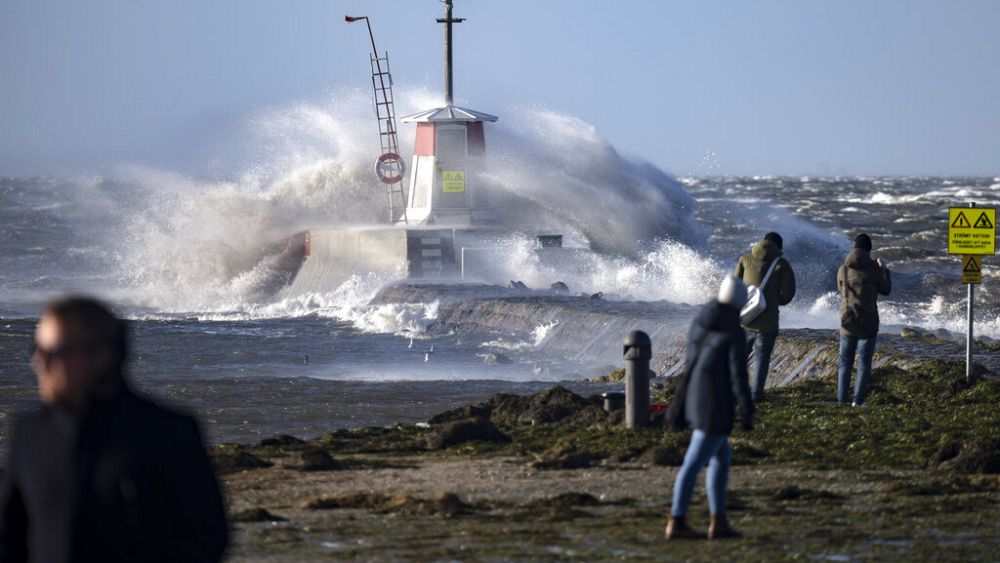MADRID, 31 Ene. (EDITIONS) –
The omicron variant is sweeping the number of infections, there are few people around us who have surely been spared the COVID-19 infection at some point. Children are now the ones who are especially becoming infected, so we must be cautious and one of the questions that parents ask themselves the most is: Should we give our children a little mucus or cough?
We asked Dr. Jorge Muñoz, a renowned pediatrician who carries out social work in countries like Chad, Senegal or Paraguay, among other countries, and which has just published ‘Doctor, what now?’ (Spawn). In this manual, a chapter is dedicated precisely to children and COVID-19. Let’s see what key aspects we must take into account.
In general terms, says that fortunately COVID-19 infections in children are being asymptomatic or with very mild symptoms. Although he perceives that this also depends a lot on the child’s age. Say what in older children of school age, around 5 and 8, yes, with the omicron it has been seen that some complained of headaches, but in general they get along quite well, something that he celebrates has reassured the parents. “Seeing that they are either asymptomatic or have mild symptoms is reassuring,” he says in an interview with Infosalus.
If it is true that, as he maintains, with another group of children, those with a medical history, that due to some type of immunodeficiency, syndromes, or that they have been very premature in the past, or that they have suffered from severe bronchial problems, it is necessary to be more careful regarding the symptoms of SARS-CoV infection. 2, and be more in contact with the pediatrician.
“In general terms in healthy children it is necessary to send a message of tranquility because there are already vaccines, minors may even carry a dose. We must explain to them that with the vaccines we have soldiers in the body and when the bug arrives they wake up and start fighting so that it does not harm them. It’s a way of downplaying it,” he adds.
Dr. Muñoz also considers that it is very important how parents are in general when faced with the news of the infection since, as he warns, as a general rule if the parents are hypochondriacs, the children will be too. In these cases, he advises that parents should make small efforts to remain calm, and play down the issue and not scare the children.
WHAT TO DO BEFORE SYMPTOMS
So with everything, this pediatrician acknowledges that a few months ago, at the minimum symptom, a test or test was usually done from pediatric consultations to verify if there was COVID-19, although now the scenario has changed, with a large part of the population vaccinated with the complete regimen, or even with a booster dose.
“Logically not everything is COVID right now, although it is what is suspected first. For this reason, fever spikes or mucus must be treated, as with any common cold, for at least two or three days and if he continues with a fever, it may be time to do an antigen test,” clarifies the pediatrician.
Now it says that this it also depends on whether the minor has been in close contact with a positive, in which case an antigen test should be done before the appearance of symptoms.
“Of course it depends on whether there has been any close contact in the class, with other students, so the class of the little ones will have to be confined, and yes, antigens will have to be made so that the cohabitants are calm. Therefore, if there has been no close contact, wait for evolution at least 72 hours; and if there has been, do an antigen test“, he concludes, while recalling that saliva tests, which seem easier to do in children, are less reliable today in terms of results, which is why he suggests that the best test option from home is still the sticks or swab test.
–


